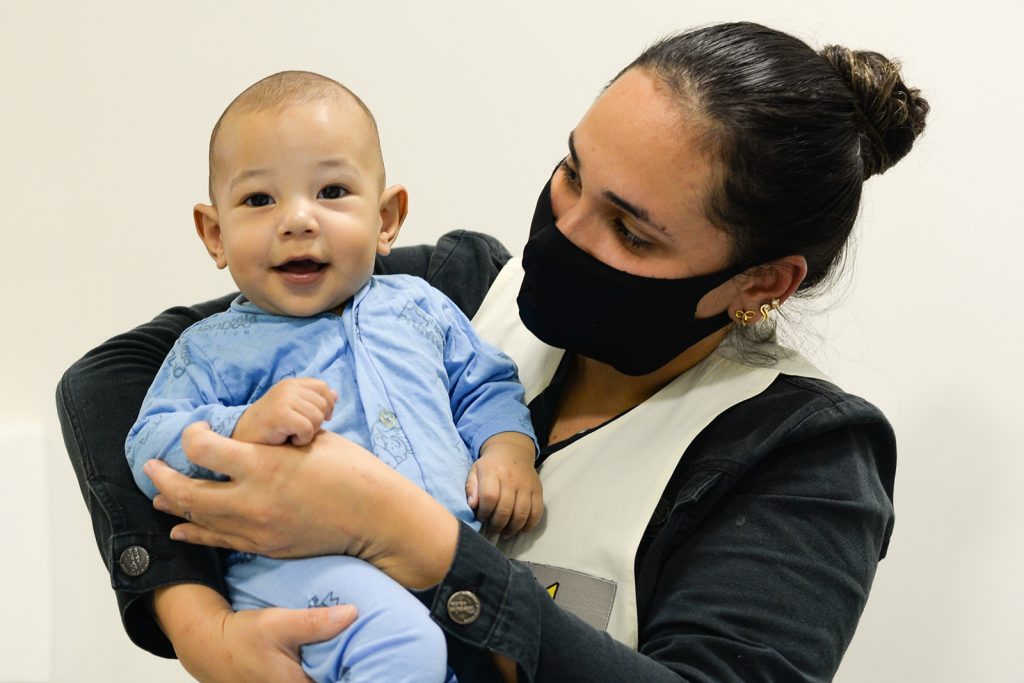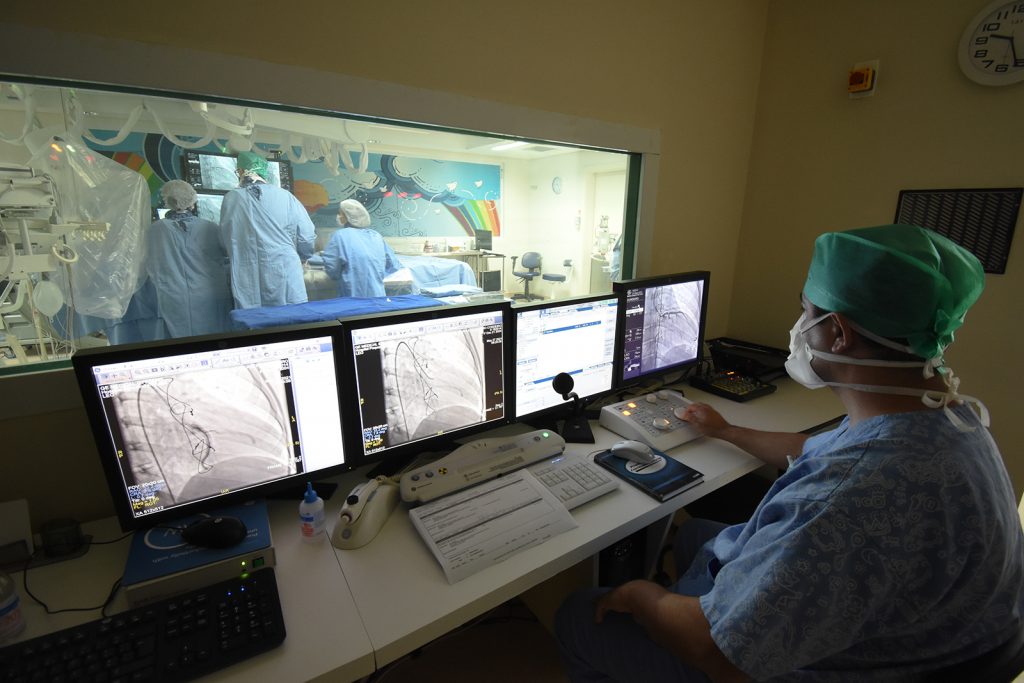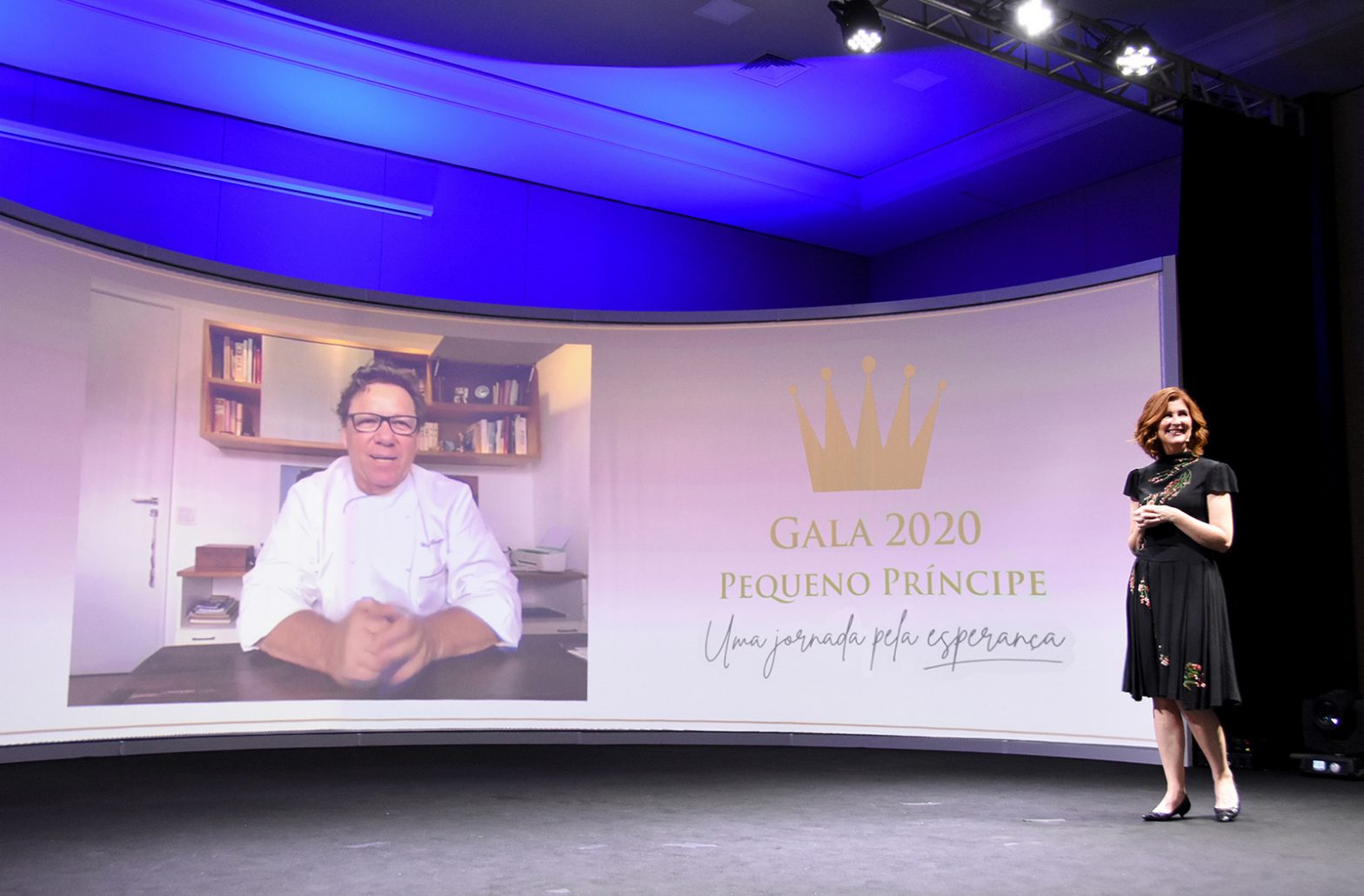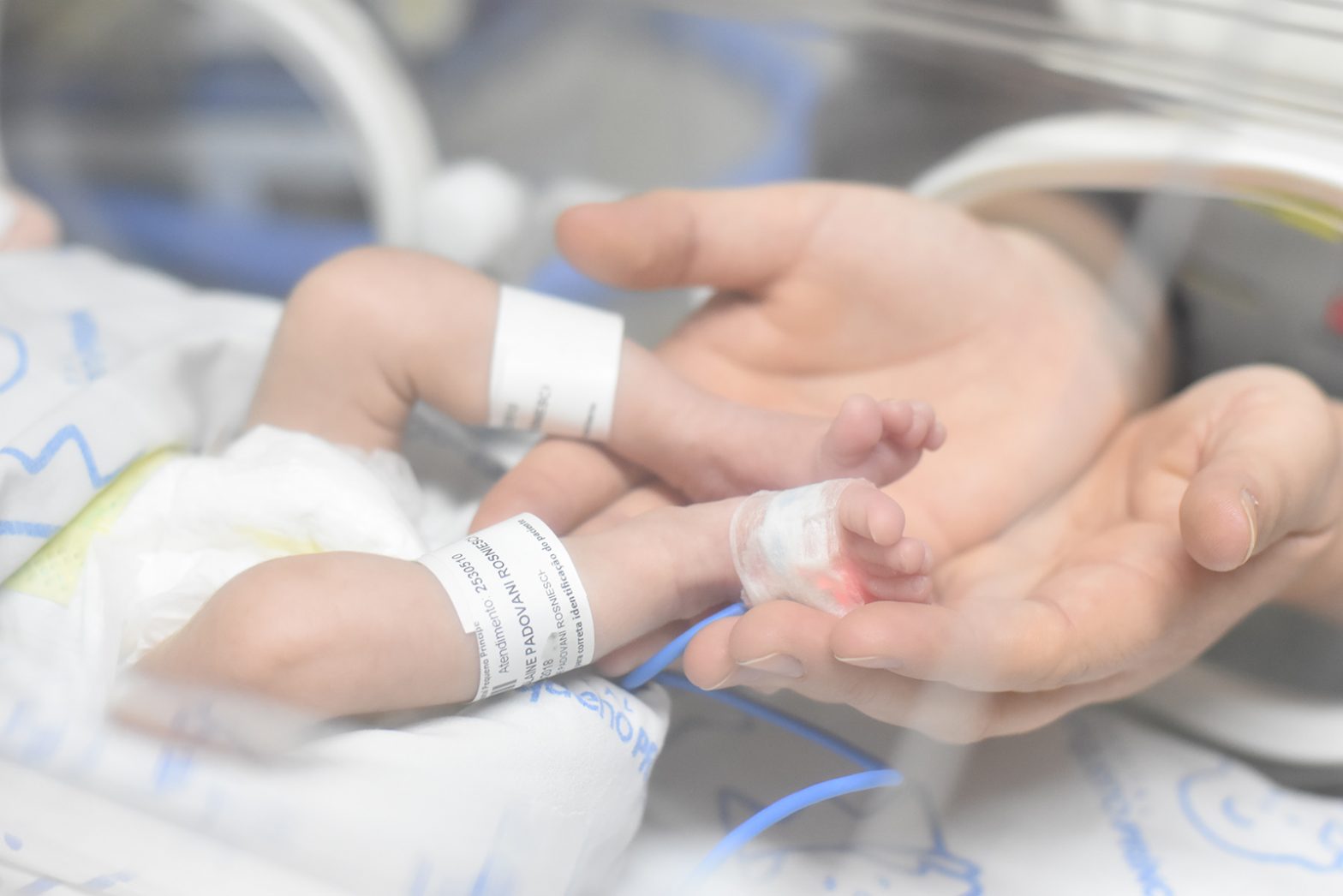Pequeno Príncipe Hospital reaches the mark of 15,000 catheterizations
The procedure carried out at the institution, exclusively in children and adolescents, treats and helps in the diagnosis. The Cardiology Service is a national reference

Gabriel Carvalho Domingues is only 6 months old and is already a winner. The boy was born with a severe congenital heart disease – transposition of the great arteries (TGA) and interventricular communication (IVC, with small right ventricle in the diagnosis), but his diagnosis was late. “He was already almost 2 months old when the doctor suspected his difficulty in breathing and asked for tests,” says his mother, Geissebel Flávia Carvalho Silva. With an inconclusive diagnosis, the boy, who was born in Guaratuba, on the coast of Paraná, was referred to Pequeno Príncipe.
“When we arrived here, the doctors informed me that the case was very serious. He had a catheterization and a banding [surgical correction to force the development of the ventricle, which was small]. He was hospitalized for 27 days, 20 of which in the ICU. Now, at 6 months of age, he had another catheterization, to verify if the surgery to correct the great arteries could be done,” explains his mother. “Fortunately, the second catheterization showed that there was ventricular growth. With this, we discussed with the team about the surgery for definitive correction, which gave him the opportunity to develop normally,” informed the cardiologist Cristiane Binotto.
Gabriel’s second catheterization was the 15,000th exam performed by the Pequeno Príncipe’s Hemodynamics Service. “Many people relate the catheterization to heart problems in adults, but in fact children also need this intervention, which sometimes works as an examination, helping in the diagnosis, and sometimes as a surgical procedure,” emphasizes the doctor who heads the service, Léo Agostinho Solarewicz.
About 20 catheterizations per month were performed at Pequeno Príncipe Hospital in 2020, a year in which all procedures registered a sharp drop because of the coronavirus pandemic. The historical average was more than 30 procedures each month. Approximately 65% of them are to help in diagnosis. The other 35% are surgical, to correct residual injury from surgeries.
Unlike adults, who most often need catheterization to correct acquired diseases, the children who need to undergo the procedure are born with some congenital heart disease.

Hemodynamics
Hemodynamics is a method of diagnosis and therapy that uses catheterization to obtain functional and anatomical data on the various heart diseases. Catheterization consists of inserting catheters monitored by an electrocardiograph, which follows the path of the peripheral arteries and veins to the heart cavities and great vessels. Catheterization allows radiological visualization of the cardiac cavities and great vessels, by means of contrast injection through the catheter.
Congenital heart diseases
Congenital heart diseases affect about 30,000 babies every year in Brazil, and are the third leading cause of death in newborns before the 30th day of life. The diseases affect eight babies for every 1,000 live borns, and one to two cases are newborns with duct-dependent heart diseases, i.e., requiring surgery soon after birth or a hemodynamic intervention.
Reference
The Cardiology Service of the Pequeno Príncipe Hospital is a reference in the treatment of patients with congenital cardiopathies. It is the service that carries out the largest number of outpatients in the country and the second in number of surgeries. It is also the main one regarding procedures in newborns up to 29 days.
It has highly trained professionals – including pediatric cardiologists, clinicians, and intensivists in pediatric cardiology ICU specifically for post-operative care and transplants, surgeons who operate only on children, the first pediatric electrophysiology team in the country, and a hemodynamicist – in addition to an exclusive structure for care and hospitalization, including an ICU. In 2020 alone, the service performed 4,054 outpatient consultations, 402 surgeries, and three heart transplants. In the same period, it recorded 678 hospitalizations and more than 9,200 exams, including catheterizations, electrocardiograms, echocardiograms, and electrophysiology.
Click here and meet Gabriel, the catheterization number 15,000.
More
Pequeno Príncipe Gala 2021 will be held on October 22nd
In the second year of the coronavirus pandemic, the event which will be streamed by YouTube proposes the celebration of science and life
Research shows that COVID-19 can affect the placenta of pregnant women, harming babies
The compromising of the organ, responsible for carrying oxygen and nutrients to the fetus, can cause premature births and even deaths








